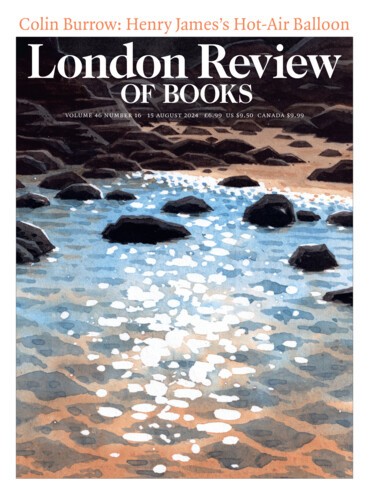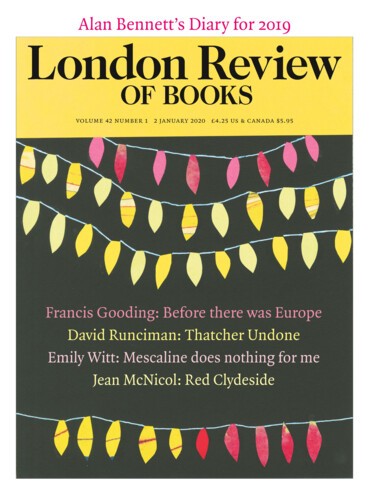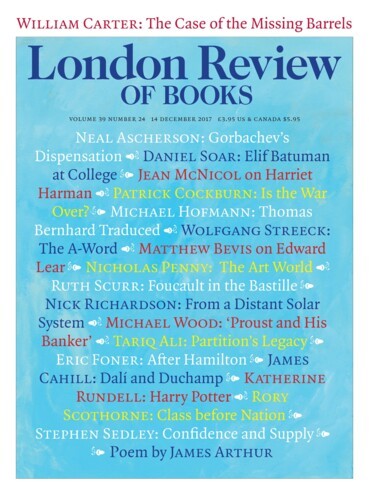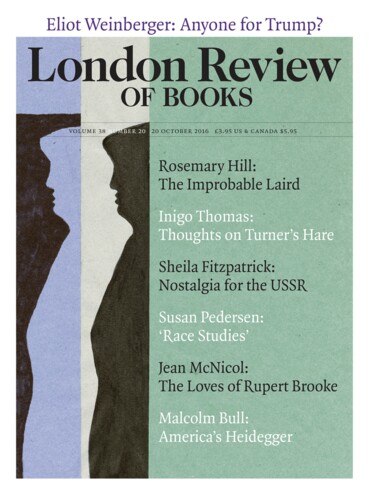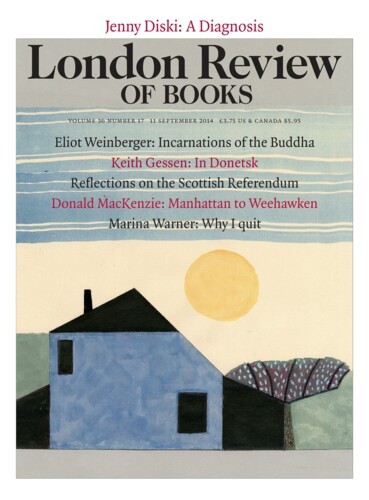Different for Girls: On Women’s Gymnastics
Jean McNicol, 15 August 2024
Rebeca Andrade of Brazil, silver medal-winner in the all-around at consecutive Olympics, on the beam.
Aweek before the start of the Paris Olympics, Shoko Miyata, the 19-year-old captain of the Japanese women’s gymnastics team, was forced to withdraw from the competition by her national association. She had been reported to the Japan Gymnastics Association for smoking and drinking...
